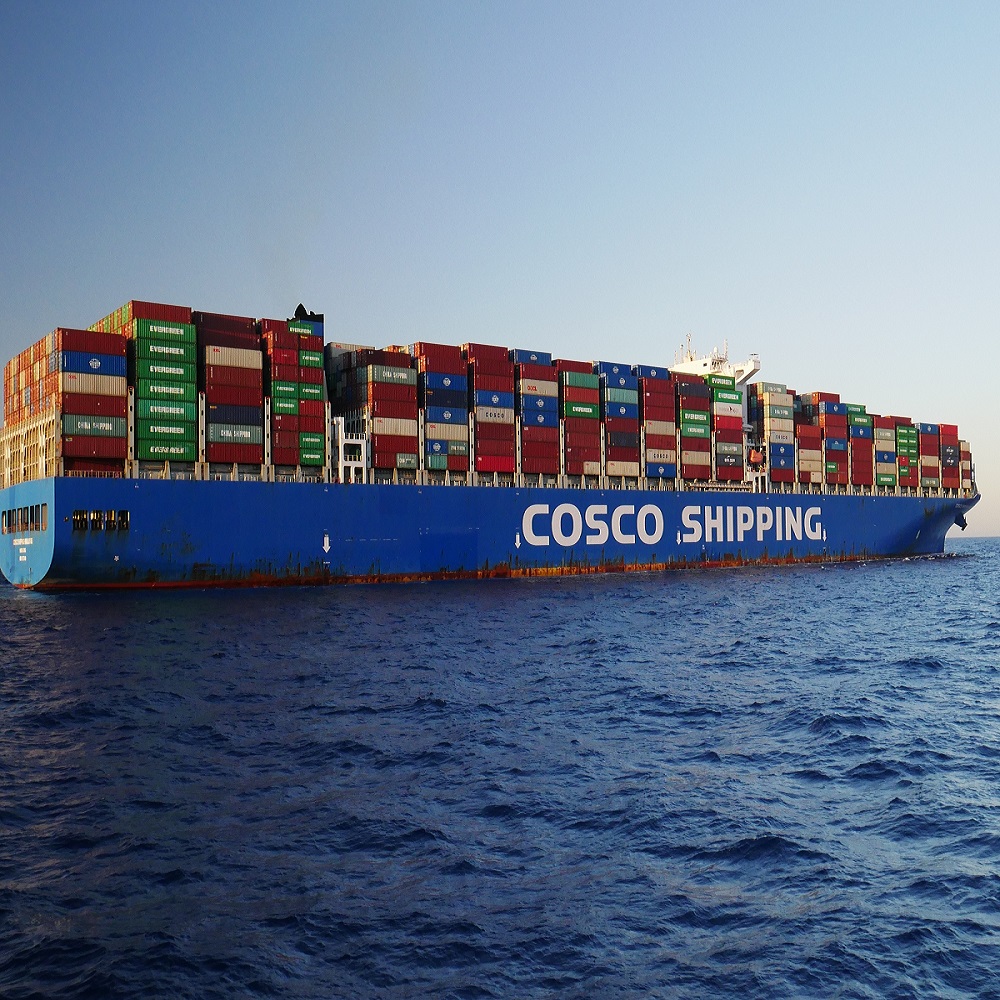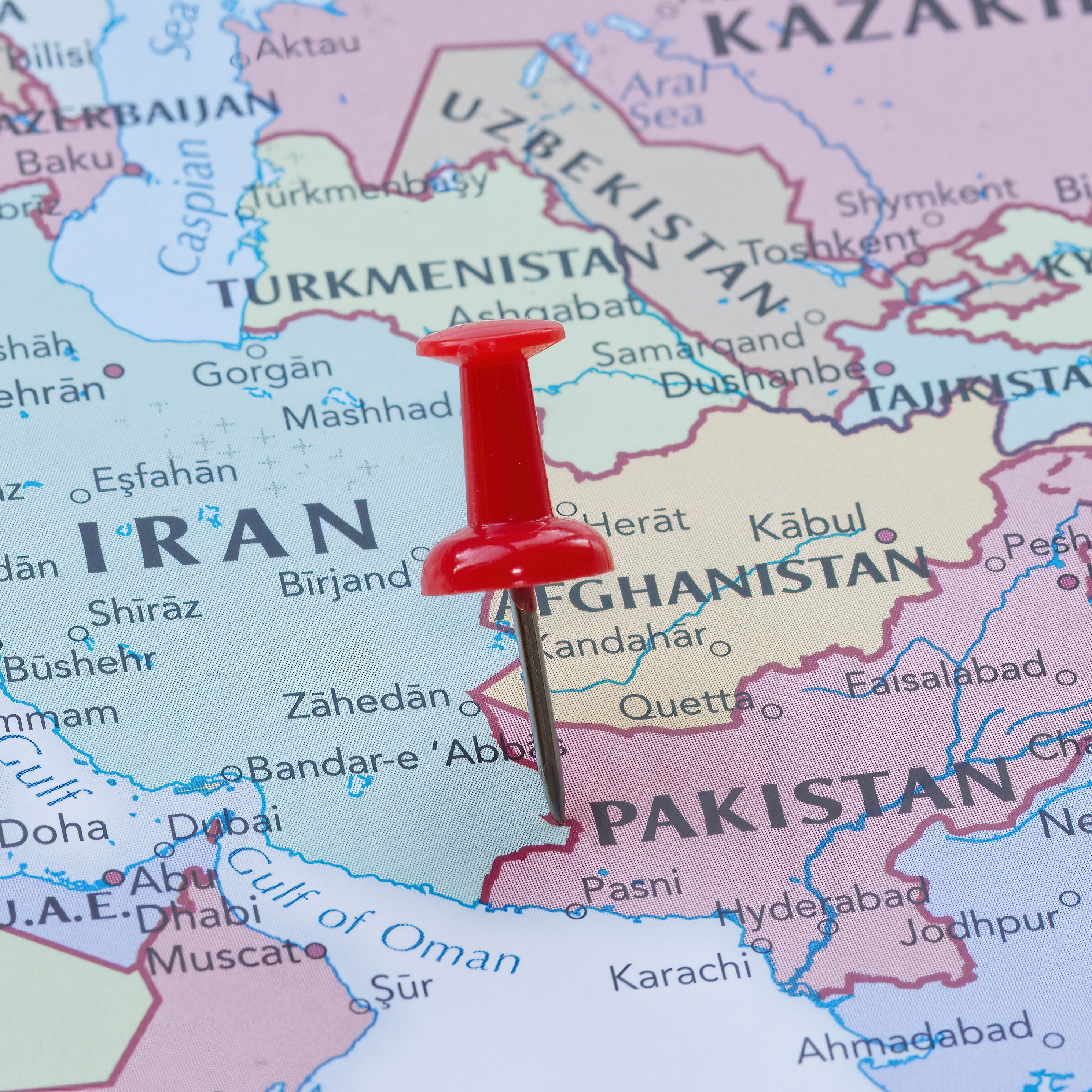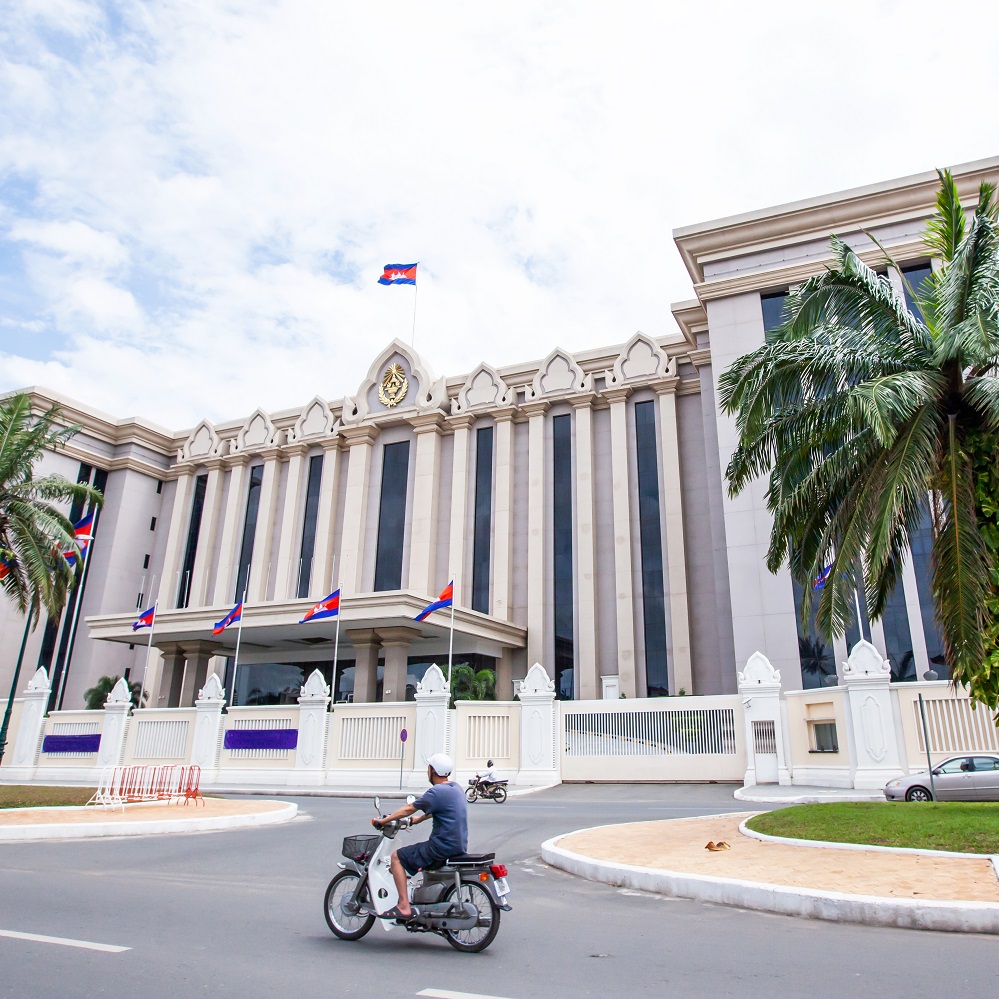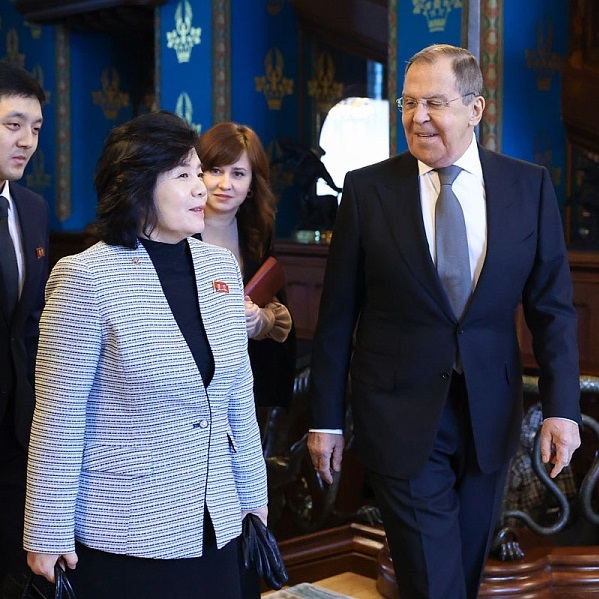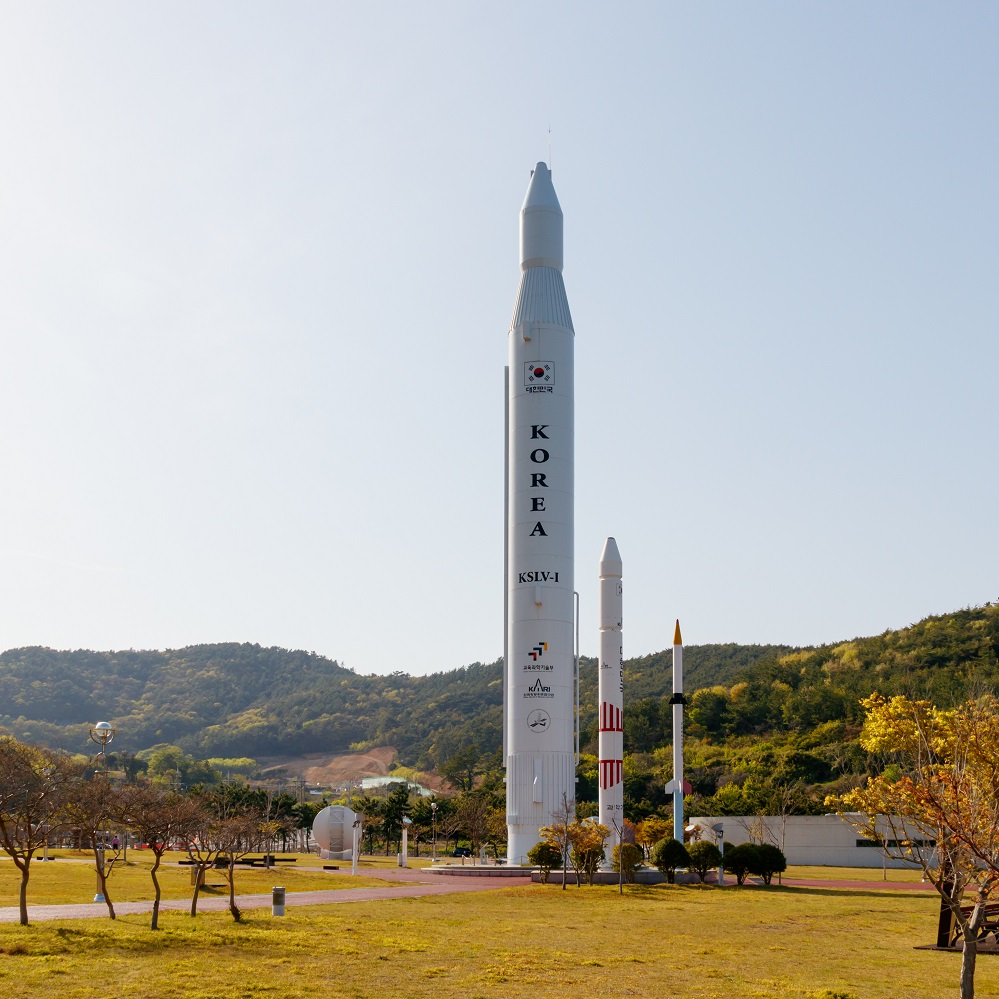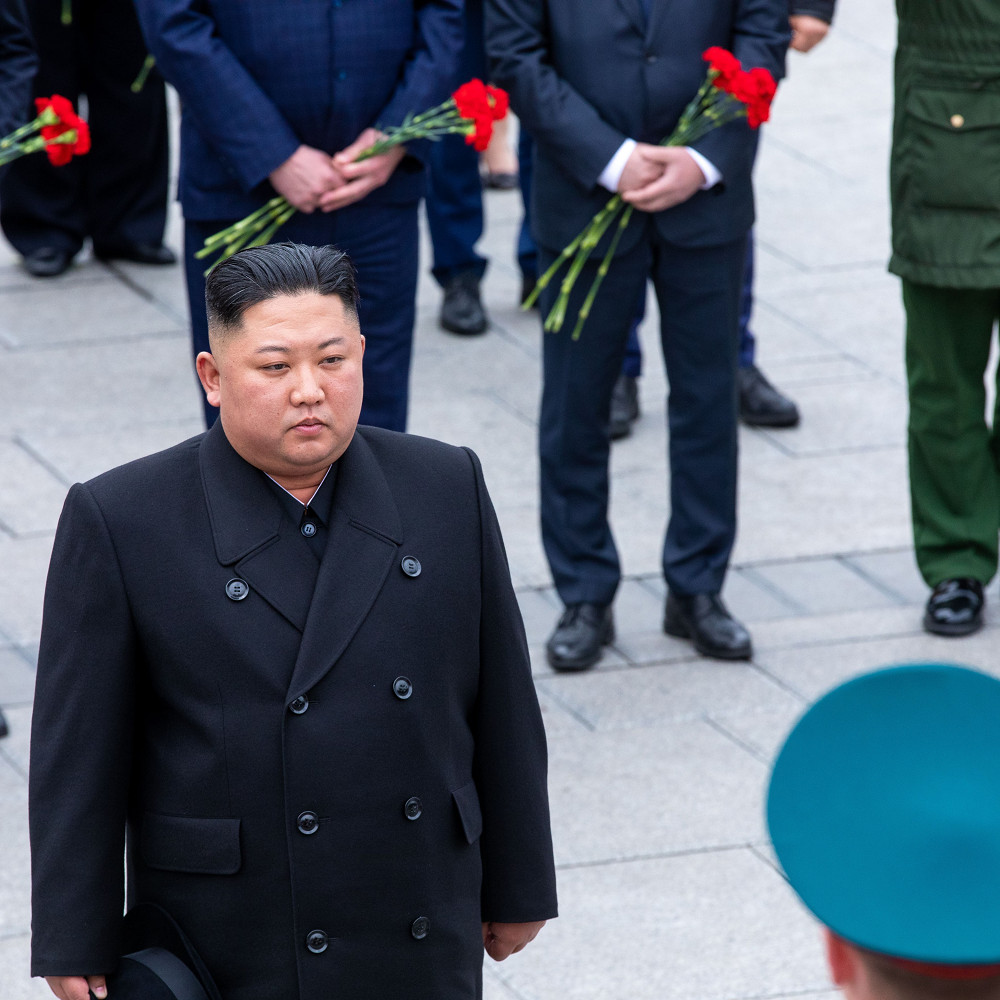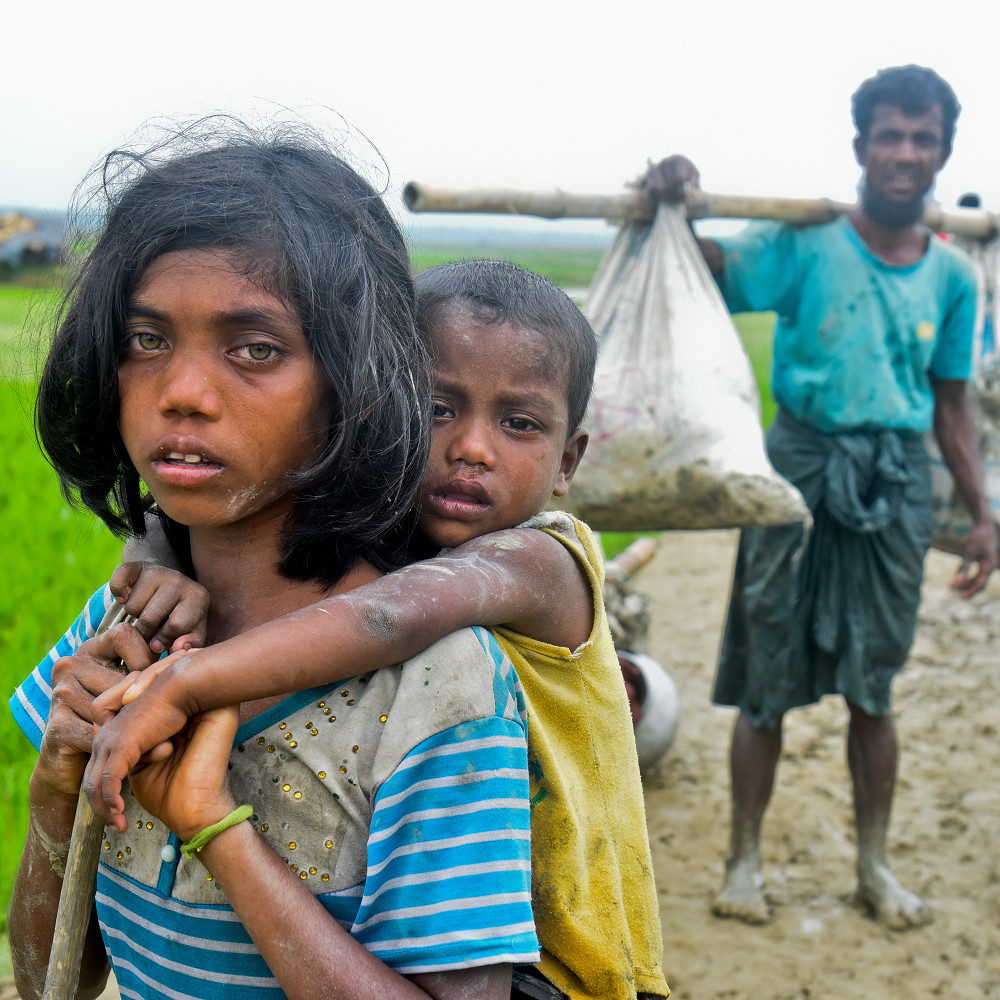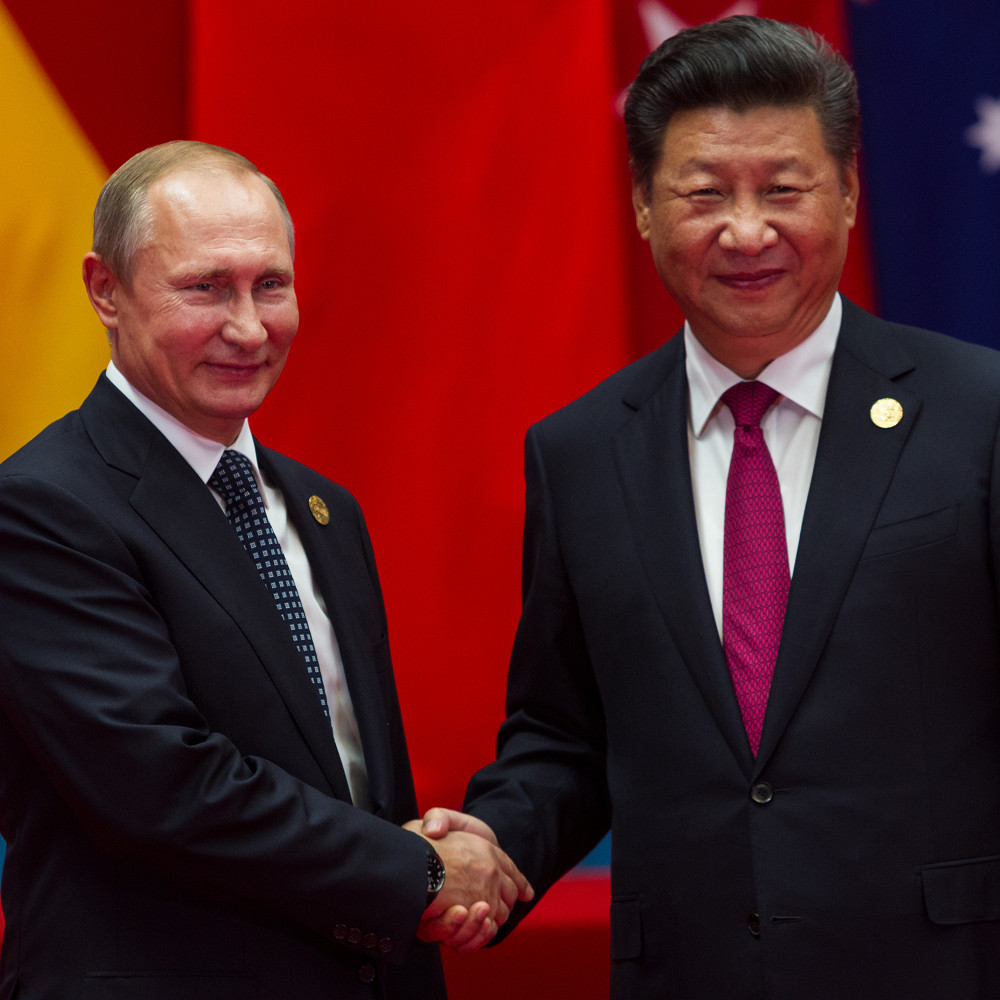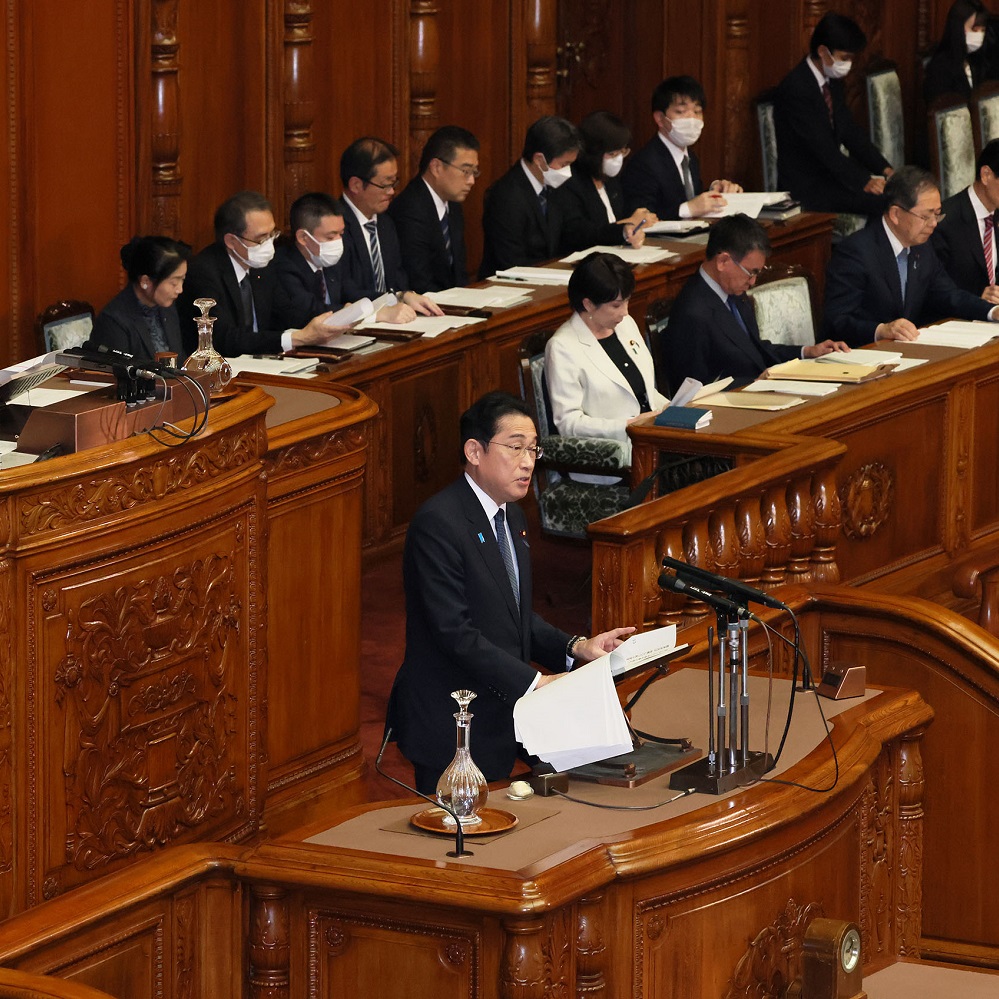
2024: The electoral year that we will live in danger
by Luis Eugenio García-Huidobro
It is also possible that, in the face of the uncertainty that this 2024 will bring, there may be no other alternative than to tolerate the tense wait that each of these elections entails. But even if this attitude is adopted, we must remember the lessons that history provides us in a context like the current one. During a conversation with foreign academics, one of them joked that, in 2024, we should at best content ourselves with having a quieter year than the previous one. Most agreed on the perplexity of entering a new year while still processing much of what happened in 2023. One of them recalled the assault on the Congress and the Supreme Court in Brazil, or the democratic regressions seemingly consolidating in India, Turkey, or Hungary. Another lamented that the terrorist attack in Israel and the brutal occupation of Gaza had diverted attention from the occupation in Ukraine and obscured the growing tension in the Balkans, the Red Sea, or the Taiwan Strait. Throughout this conversation, the common thread is the same: many events in 2023 reflect a world that has become extremely unpredictable. From this perspective, however, 2024 hardly presents itself as auspicious. By chance, in different electoral calendars, nearly half of the world's population will go to the polls in every corner of the planet, with geopolitical and democratic consequences difficult to anticipate. During 2024, there will be general elections in the United States, the United Kingdom, India, Mexico, South Africa, Taiwan, Indonesia, Pakistan, El Salvador, Panama, the Dominican Republic, Rwanda, Mozambique, Uruguay, Namibia, North Macedonia, or Romania. In addition to this, there will be presidential elections in Russia, Venezuela, Finland, Azerbaijan, Iceland, Croatia, Algeria, or Slovakia. There will also be parliamentary elections in Portugal, South Korea, Iran, Bangladesh, Belgium, Austria, Mongolia, Botswana, Georgia, or Lithuania. There will also be regional or municipal elections in Australia, Germany, Canada, Turkey, Spain, Poland, Brazil, Chile, or Bosnia and Herzegovina. This combination represents an unprecedented electoral scenario since the introduction of universal suffrage in the late 18th century. This intricate electoral puzzle will undoubtedly have direct consequences on almost all ongoing or developing geopolitical conflicts. For example, this Saturday, presidential elections will take place in Taiwan, in which one of the three candidates in dispute advocates for a more favorable position towards reunification with China, and another has downplayed the importance of this conflict to focus on public policy issues. It is no coincidence, then, that in his New Year's speech, Chinese President Xi Jinping announced reunification with the island as inevitable, marking an escalation in the rhetoric used to address the issue compared to the same speech the previous year. Also in Asia, the border conflict between India and Pakistan could take a new turn after the escalation of violence in 2021 and 2022, as a result of the general elections both countries will have between February and May. From India, only a consolidation in its nationalist rhetoric can be anticipated, while from Pakistan, it is difficult to know what to expect, given the deep political crisis the country has been experiencing for almost two years and the political dynamics generated by the humanitarian crisis on its border with Afghanistan. Against all odds, the war in Israel and Palestine has not yet escalated into a regional armed conflict. However, the situation in the Middle East rests on a precarious balance whose pieces could be rearranged in the coming months. Even if Benjamin Netanyahu's government resists the pressure to call general elections, Israel's geopolitical position is likely to be weakened by the almost certain Labour shift in the UK government, a result of the division this conflict generates within the British left. Conversely, a Republican victory in the US elections in November would be a relief for Netanyahu, given the deference with which this party usually approaches the more problematic actions of the Israeli government. The importance of this support should hardly be underestimated, given Israel's increasing marginalization within the international community. This is evident not only in the adverse votes it has faced in the United Nations General Assembly but also in the genocide accusation that South Africa has filed against it before the International Court of Justice. This latter country is also heading for general elections in 2024 after a presidential term characterized by corruption scandals and, for the first time since the end of apartheid, could result in a change in parliamentary majorities that ends the political hegemony of Mandela's party. Finally, there are no major expectations of change in the parliamentary elections of a theocratic autocracy like Iran, even after suffering one of the worst terrorist attacks since the 1979 revolution and undergoing a deep economic crisis that has persisted for years. But attention must be paid to the election of the Assembly of Experts in March, as the resulting balances in it could impact the eventual appointment of the successor to an increasingly elderly Ayatollah Khamenei, with the regional ramifications that this may entail. Calls are growing in Ukraine for President Volodymyr Zelensky to call elections during this year, due to the widespread criticism his handling of the conflict has received. But even discounting this uncertainty, the country will have to face multiple external electoral variables that could compromise its position. For now, in the middle of the year, the election of five out of ten non-permanent positions on the United Nations Security Council will take place. More importantly, a possible Republican victory in the US presidential and parliamentary elections could severely weaken the Ukrainian military position, as indicated by recent debates in the House of Representatives and the Senate. While Vladimir Putin's position within Russia is weaker than before the invasion in 2022 (especially after the failed Wagner Group rebellion last June), everything suggests that the president will be re-elected for a fourth term in March. This geopolitical equation must also consider the election of the European Parliament, in which some predict unprecedented victories for the far right, which, if materialized, would also impact the composition of the European Commission. At the same time, there will be a renewal of the European Council, whose composition could also undergo changes due to new political balances in national governments. It should not be ruled out that Ursula von der Leyen could fail to be re-elected for a new term, despite her recent promise to prioritize aid to Ukraine. However, the advance of the far right may not entail significant changes in the European position toward this conflict. As a recent study suggests, the Russian invasion has marked a shift in sympathy that some populist or far-right parties previously expressed toward the Putin regime, which has now become a toxic association they deliberately seek to avoid. The geopolitical importance of the war in Ukraine, finally, has overshadowed other conflicts that are even brewing on European territory itself. Notably, the growing tension between Serbia and Kosovo - in which the former has threatened military interventions - has multiplied fears of the resurgence of a conflict that between 1998 and 1999 caused an estimated twelve thousand deaths and more than a million displaced. It is in this scenario that general elections will take place in Croatia and North Macedonia, as well as municipal elections in Bosnia & Herzegovina. All this also happens in a year that will be a critical juncture for global democratic development. As all available indicators suggest, the last two decades have witnessed a decline in democracy worldwide. Last year is indicative of this trajectory: in Africa alone, seven coups d'état occurred. And while many of these events also demonstrate the surprising democratic resilience of many countries, it is undeniable that 2024 could be a turning point for liberal democracy. Many of the main democracies show severe democratic erosions. Elections in India - which some question whether it can still be considered a democracy - could end up consolidating a competitive autocracy in that country, as everything indicates that Narendra Modi will remain as prime minister. In Mexico, polls anticipate that in June, the presidential candidate of the ruling coalition will be elected, suggesting that the state dismantling advanced by President López Obrador and his attacks on key institutional checks will continue. Moreover, the eventual election of Donald Trump - if not disqualified by the Supreme Court from running again as a candidate - would pose a serious threat to American democracy, as predicted by the contempt he repeatedly showed as president towards constitutional forms. Just remember his reaction to the Capitol assault or his efforts to subvert the electoral result in 2021. And it is needless to point out that his return to the White House would make any geopolitical balance as unstable as his temperament. There may be those who criticize the excessive pessimism of the outlined horizon. They may use the example of Poland, whose parliamentary election last October offered some optimism in the face of the democratic erosion that the country had experienced over the previous eight years. But even in this case, the path ahead for the Polish government to reverse this illiberal trajectory is long, and it will face multiple challenges. Perhaps the greatest of them in the short term is the municipal election in April, which populist parties could win. The same could be said of Brazil, which, after denying re-election to President Jair Bolsonaro, will return to the polls for the municipal elections in São Paulo. It is also possible that, in the face of the uncertainty that this 2024 will bring, there may be no other alternative than to tolerate the tense wait that each of these elections entails. But even if this attitude is adopted, we must remember the lessons that history provides us in a context like the current one. After all, we must not forget that in August 1914, the world's major powers believed that, in a context of great geopolitical instability, they would be perfectly capable of anticipating the reactions of their adversaries in case conflicts escalated.









